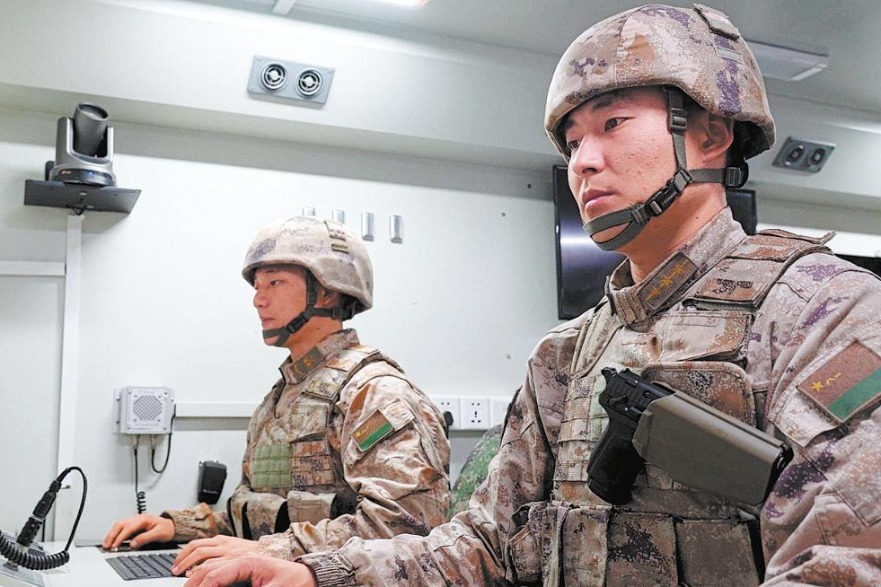Our ancestral reflections often cross cultures and borders

Tomb Sweeping Day is normally marked in China in the first week of April, or 107 days after the start of winter, which usually begins on Dec 21, the winter solstice.
People in China take the day off to travel to ancestral gravesites around the country, paying homage to their ancestors.
In Chinese, it is called Qingming Jie. It was said to have started during the Western Zhou Dynasty (c.11th century-771 BC) more than 2,000 years ago, and the holiday celebrates the rebirth of nature. In rural areas, it usually marks the beginning of the planting season.
A Chinese friend said there are many traditions surrounding the holiday, with some clans sharing the honor and responsibility of taking care of the burial site of their ancestors, with people taking turns in different years.
That basic kernel of honoring relatives who are no longer here is also celebrated by other cultures in Asia and across the Pacific.
When I was growing up in Manila, the Philippines, Nov 1 was the Day of the Dead. Given the Spanish heritage of that country, there is a more romantic rendering of the day in the term Dia de los Muertos, which is popular in Mexico.
Like Tomb Sweeping Day in China, we go to cemeteries to honor the dearly departed.
I remember going to cemeteries and seeing family clans set up for the day.
They would bring mahjong sets, chairs and tables, copious amounts of food, and even a generator to spend the entire day in the mausoleums and crypts where all the members of the clan are interred.
The families would often stay overnight, with loud cries erupting when someone wins during a mahjong game.
"Pohng", would ring out more than once as players claim their winnings.
The whole mahjong session would run for hours until the following morning, when everyone finally went home out of exhaustion.
I remember seeing a family roast an entire pig at the cemetery. There were about 20 other family members there. It turned into a feast, loud and raucous.
My father would take me along to a cemetery to remember my grandfather, who perished in World War II fighting the Japanese army as a guerrilla.
Eventually, we managed to move his remains so that my grandfather could be near his wife, my grandmother, for eternity.
"It really became something like a reunion," another friend said of the feasting in the cemetery.
A college friend said that she would see relatives she has not seen in years, even decades, show up at her grandfathers' crypt.
"We would exchange family gossip and just catch up with each other. After that, it would be years before we see each other again," she said.
In the time of COVID-19 though, I wonder if those reunions can take place with all the boisterous fun of years past.
Social distancing and masks likely mean that people will need to keep their distance on Dia de los Muertos.
Those social interchanges I grew up with have become another victim of COVID in 2021.
"Nothing kills a party like a pandemic," a friend quipped, with seeming resignation.

Today's Top News
- China holds central rural work conference
- President Xi to deliver New Year's message to ring in 2026
- Xi's diplomacy in 2025: Shedding light on a world at crossroads
- China to apply lower import tariff rates to unleash market potential
- China proves to be active and reliable mediator
- Three-party talks help to restore peace






























